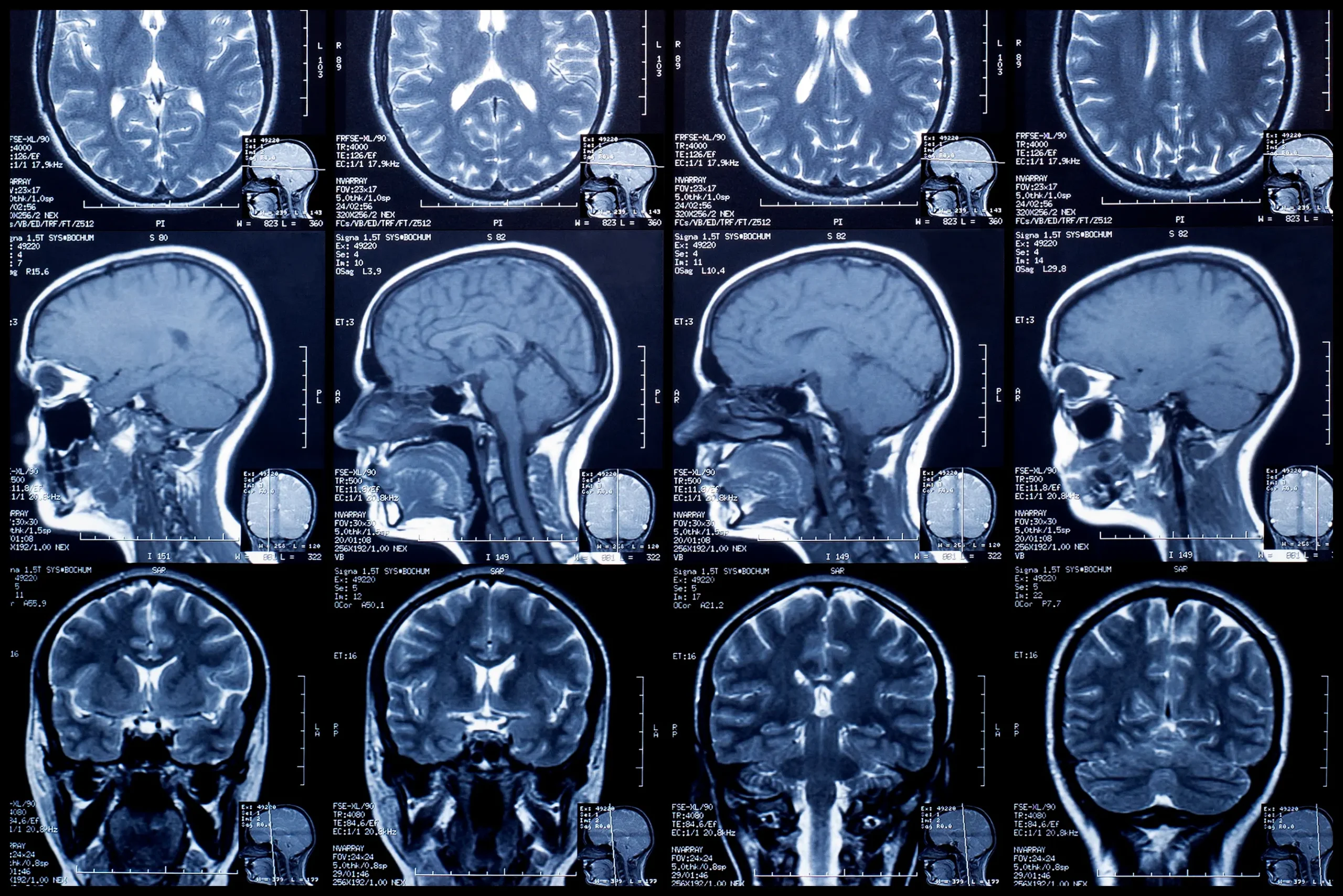What Happens and How to Get Ready Before MRI Scans
Magnetic Resonance Imaging (MRI) is a widely used, non-invasive diagnostic tool that allows healthcare professionals to see detailed internal images of the human body. Whether you’re preparing for your first MRI or simply want to know more about the process, being informed can help reduce stress and make the experience more comfortable. This article outlines what you can expect during an MRI exam and how to prepare properly.
What Is an MRI Scan?
MRI, short for Magnetic Resonance Imaging, utilizes a combination of powerful magnetic fields and radiofrequency waves to produce high-resolution images of the body’s internal organs and tissues—particularly soft tissue structures like the brain, muscles, spinal cord, and joints. Unlike X-rays or CT scans, an MRI doesn’t involve radiation, making it a safer option for long-term diagnostic use.
Why Might You Need an MRI?
Doctors recommend MRI scans to investigate or monitor a range of medical issues. Common reasons include:
- Neurological conditions affecting the brain or spine
- Damage to joints, muscles, or ligaments
- Detection of tumors, cysts, or abnormal growths
- Cardiovascular issues such as blood vessel blockages or heart problems
- Liver, kidney, or abdominal concerns
- Supplemental breast cancer screening in high-risk patients
Preparing for the MRI Exam
1. What to Wear and Bring:
Patients are typically asked to wear a hospital gown. Any metal-containing items—such as jewelry, watches, eyeglasses, hairpins, or hearing aids—must be removed prior to the scan, as they can interfere with the magnetic field.
2. Medical History and Safety Concerns:
Inform your doctor if you have metal implants (e.g., pacemakers, artificial joints, or cochlear implants), are pregnant, or have anxiety related to confined spaces. Not all devices are MRI-compatible, and your provider may explore alternatives if needed.
3. Eating and Drinking:
In general, there are no dietary restrictions unless contrast material is being used. If a contrast-enhanced MRI is planned, you may be instructed to avoid food or drink for a few hours before the scan.
4. Medication:
You should continue taking your regular medications unless your healthcare provider tells you otherwise.
What Happens During the Procedure
1. Entering the Scanner:
You will lie flat on a cushioned table that moves into the cylindrical MRI machine. To help with noise reduction, the technician may provide headphones or earplugs, as the machine makes loud thumping or banging sounds during imaging.
2. Staying Still Is Crucial:
Any movement can distort the images, so you’ll need to remain as still as possible. Scans typically last between 20 to 60 minutes, depending on the body part being imaged.
3. Staying in Touch:
Although you’ll be in the scanner alone, you’ll be monitored throughout. A microphone system allows you to communicate with the technician if you feel discomfort or need assistance.
4. Contrast Injection (If Required):
Some exams require an intravenous contrast agent, often gadolinium, to improve image clarity. This is generally safe, but it’s important to disclose any history of allergies or kidney issues beforehand.
After the MRI: What Comes Next
Once the scan is done, you’ll usually be free to resume daily activities immediately—unless sedation was involved. A radiologist will interpret the images and send a report to your referring physician, who will then review the findings with you during a follow-up consultation.
Conclusion
MRI scans are safe, painless, and provide incredibly detailed information to aid in accurate diagnosis and treatment planning. By understanding what’s involved and preparing appropriately, you can help ensure that the procedure goes smoothly and without unnecessary stress. If you have any doubts or concerns, don’t hesitate to speak with your doctor—they’re there to support you through every step of the process.
